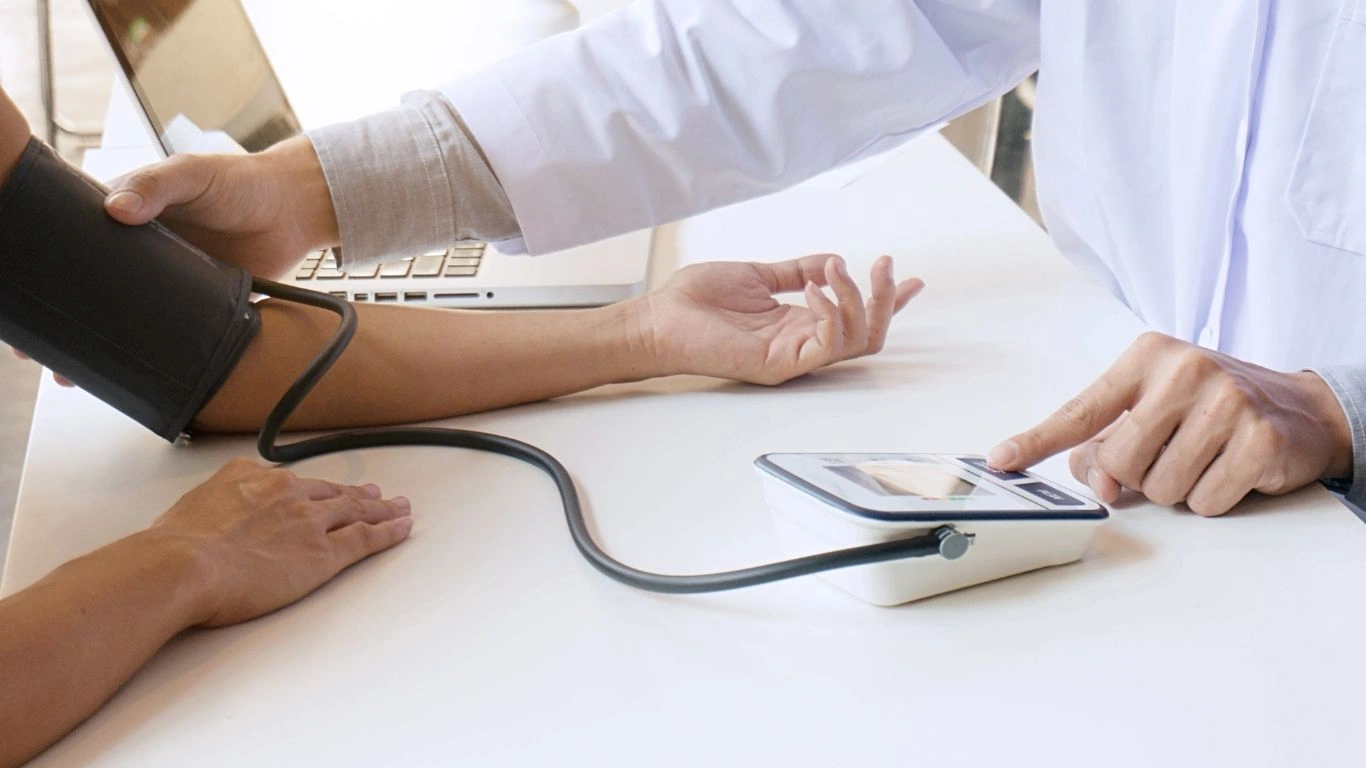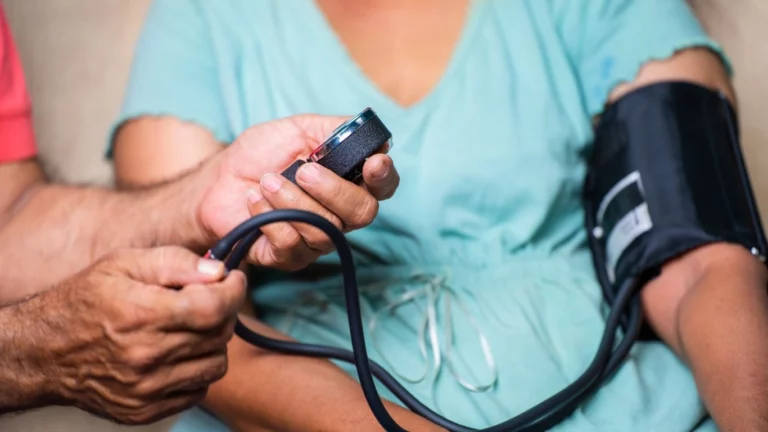Common Side Effects of Blood Pressure Medication: What to Expect and How to Deal With Them 🩺💊
Hey, so you’re either taking blood pressure meds or considering them, right? It can be a bit overwhelming at first because, let’s face it, meds are important but also kinda scary. You want to manage your blood pressure but also want to avoid feeling like a zombie. Totally understandable!
In this post, we’re diving into what you can expect from blood pressure meds, especially the side effects. We’ll also talk about how to deal with them (because nobody has time for feeling off). So, let’s get into it!
The Basics of Blood Pressure Medication
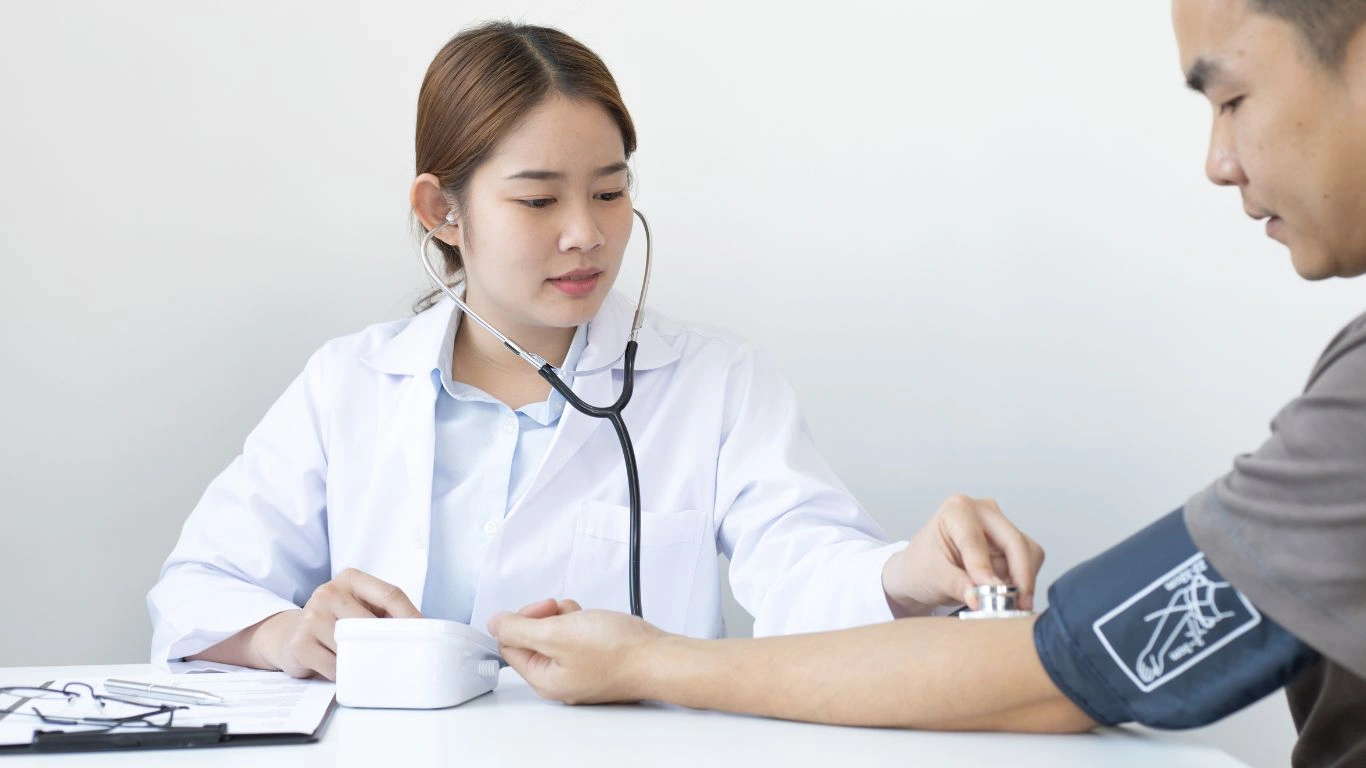
Before we get into the nitty-gritty, let’s make sure we’re on the same page. Blood pressure meds are like the silent heroes keeping things in check for people with high or low blood pressure. They come in a bunch of different types, depending on how your body responds to them.
Here are the main ones you might encounter:
- Diuretics (Water pills): These make you pee more, helping reduce the extra water and salt in your body.
- ACE Inhibitors: These help relax your blood vessels so your heart doesn’t have to work as hard.
- Beta-Blockers: These slow your heart down a bit, making it easier for your heart to pump blood.
- Calcium Channel Blockers: These mess with calcium to relax your heart and blood vessels.
- ARBs: These block a hormone that can raise your blood pressure.
Each of these has its own purpose, but also a potential list of side effects you might run into. Let’s break them down.
Common Side Effects of Blood Pressure Medications 🩸
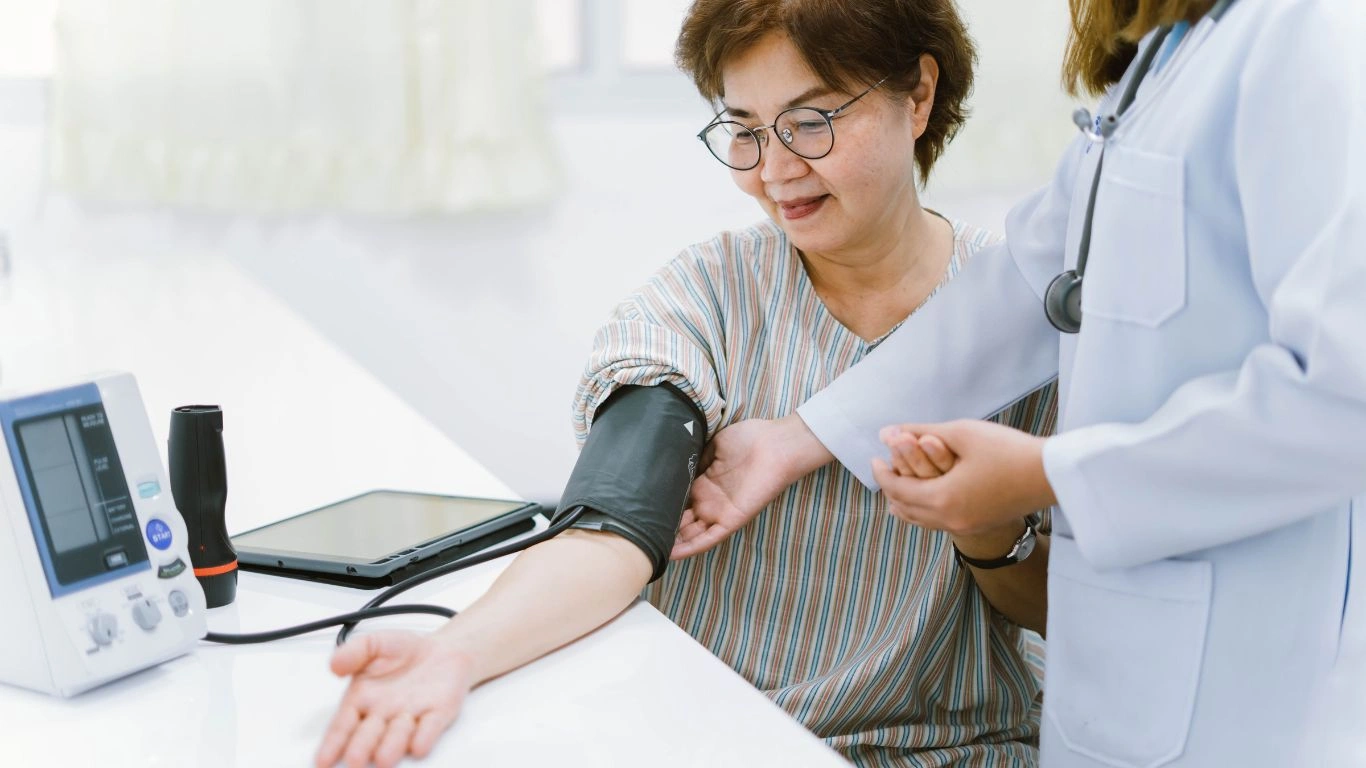
Okay, so, just because you’re on blood pressure meds doesn’t mean you’re doomed to a lifetime of side effects. But you should be aware of the usual suspects, just in case. Here’s a rundown of the most common ones:
1. Dizziness & Feeling Lightheaded 🤕
This is probably one of the most common complaints. You might feel dizzy, especially when you stand up too fast.
What’s up with that? When your blood pressure drops too quickly (which can happen with certain meds), you might feel like the room is spinning. It’s no fun, but it’s usually temporary.
What to do? Try standing up slowly and drinking more water. And if you’re feeling like you’re constantly walking on a tightrope, talk to your doctor. Sometimes it’s just about adjusting the dose.
2. Tired All the Time 🛋️
I get it – no one likes feeling sluggish. Some blood pressure meds, like beta-blockers and diuretics, can make you feel tired or just off.
Why does this happen? These meds slow your heart rate or decrease blood volume, which can leave you feeling low on energy.
What can you do? Make sure you’re getting enough sleep, and maybe try adjusting your meds. A little tweak can make a big difference.
3. The Bathroom Run (A Lot) 🚽
If you’re on diuretics (aka “water pills”), get ready to visit the bathroom more often. These meds help your body flush out extra fluid, so you’ll be peeing a lot more.
What to expect: Frequent trips to the bathroom are pretty much the norm, especially at the start.
Pro tip: Try to take your meds in the morning so you’re not running to the bathroom all night. And drink plenty of water to stay hydrated.
4. That Annoying Dry Cough (ACE Inhibitors) 🤧
I’ve heard this one a lot from people on ACE inhibitors. It’s that persistent dry cough that won’t go away, no matter how much water you drink.
Why does this happen? ACE inhibitors can increase a certain chemical in your body, which triggers a cough.
What you can do: If the cough becomes a real pain, don’t suffer through it. There are other meds (like ARBs) that won’t cause this issue.
5. Swollen Feet & Ankles 💧
This one usually happens if you’re on calcium channel blockers. It’s not dangerous but can be uncomfortable.
Why it happens: These meds cause your blood vessels to relax, which might lead to fluid buildup in your legs.
What can you do? Elevating your legs, cutting back on salt, and even wearing compression socks can help. And of course, chatting with your doctor about switching meds if it’s really bothering you.
6. Stomach Troubles 🍽️
Feeling bloated, constipated, or just off in the tummy? Some meds can mess with your digestive system, especially diuretics and beta-blockers.
Why it happens: These meds can affect the way your body processes food and nutrients.
How to deal with it: Stay hydrated, eat fiber-rich foods, and let your doctor know if your stomach issues don’t get better. They might tweak your treatment.
Troubleshooting Common Issues 🛠️

So, what do you do when these side effects hit? The first step is always talking to your doctor. But here are a few tricks to help make things easier:
- Dose Adjustment: Sometimes, it’s as simple as lowering your dose to avoid side effects. Your doctor can help figure that out.
- Switching Meds: If one medication isn’t working for you, there are plenty of other options out there. Don’t be afraid to ask for alternatives.
- Lifestyle Tweaks: You can also help your meds work better by eating right, staying active, and managing stress.
Case Studies: Real People, Real Results 🌟
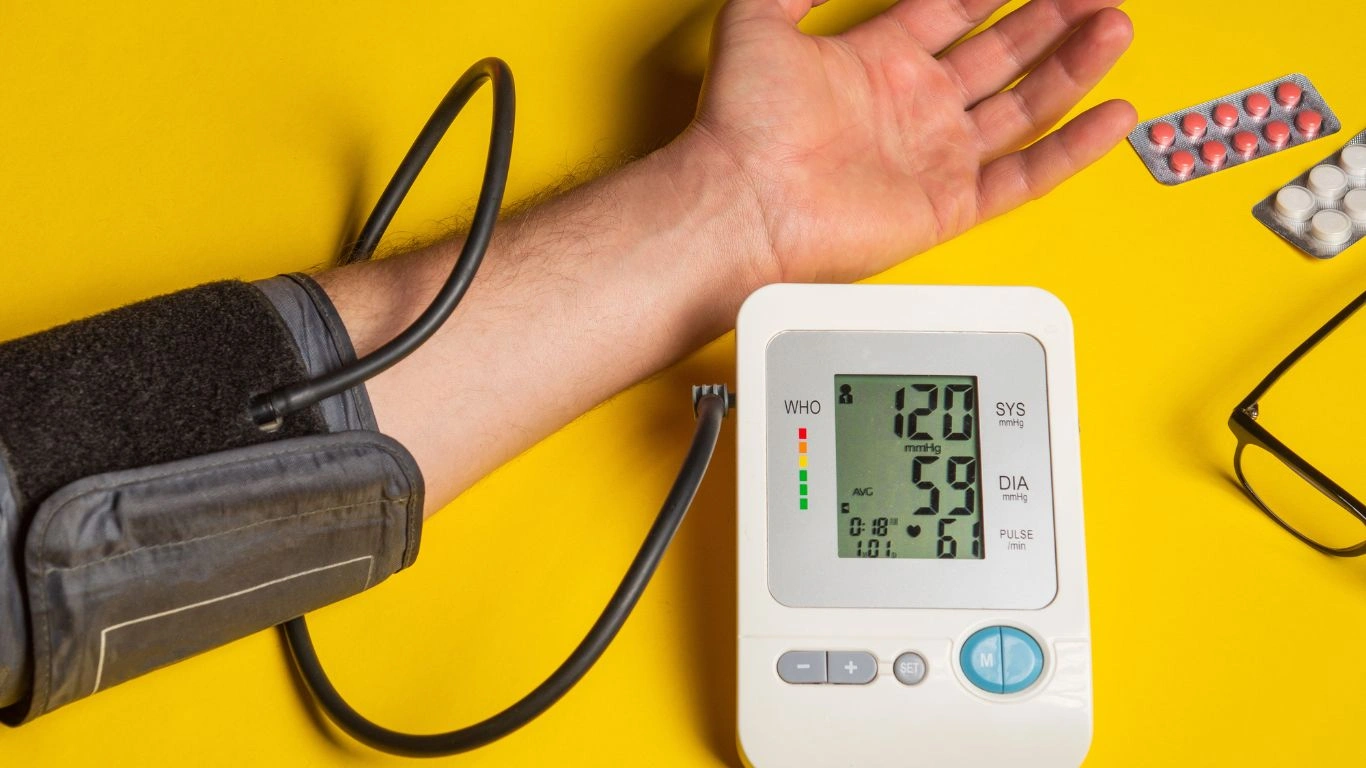
Here’s where things get real. Take John, for example. He started taking an ACE inhibitor and had this awful dry cough that wouldn’t quit. It was so annoying, and it messed with his daily life. After chatting with his doctor, he switched to an ARB, and the cough disappeared. He was back to living life without that nagging issue.
And then there’s Sarah. She started taking calcium channel blockers, but soon after, her ankles were so swollen that she couldn’t fit into her shoes. After a few adjustments to her meds and adding a bit of salt reduction to her diet, she saw major improvement.
Key Takeaways / Summary 📝
– Blood pressure meds can have side effects, but most of them are temporary or manageable.
– Common side effects include dizziness, fatigue, frequent bathroom trips, cough, swelling, and stomach issues.
– The key is talking to your doctor if any side effect is bugging you. They can help adjust your meds to get you back on track.
– Managing your blood pressure is super important, and meds are a big part of that, so don’t let side effects hold you back.
FAQs ❓
Q: How long will it take for my blood pressure meds to start working?
A: Most people start noticing a difference within a few days, but it might take a few weeks to see full results.
Q: Can I stop taking my blood pressure meds if I feel better?
A: Absolutely not. Talk to your doctor before stopping your meds. You want to keep your blood pressure in check, even if you feel fine.
Disclaimer ⚠️
This blog is for informational purposes only and not medical advice. Always talk to your healthcare provider before making changes to your treatment plan.
Call to Action 💬
If you’re dealing with annoying side effects from your blood pressure meds, don’t ignore them. Talk to your doctor – there’s always an option that works better for you. And hey, take care of your health! You’ve got this.
